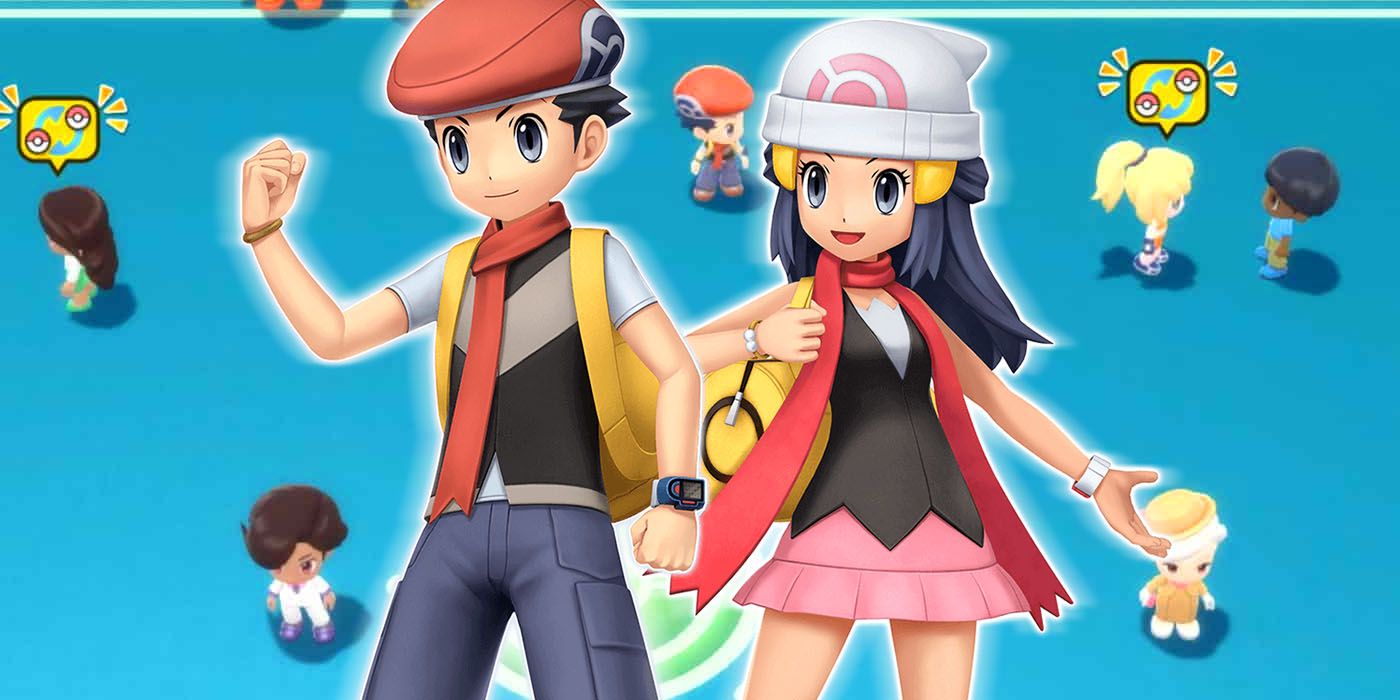The filmmaker first wanted to make a film. He finally opted for a play. A return to the origins where he puts his family on stage in a disturbing saga, served by an impeccable cast.
A small neighborhood cinema from the 1960s, with double doors with portholes, rows of red armchairs and a projection booth. The first piano notes of Nantes, Barbara’s song, resound as a prelude while five shadows stand scattered in the rows. Five family figures have come back to haunt the filmmaker-director Christophe Honoré, whose character also soon enters the scene. These ghosts will call others, whose place in the smala will have to be identified. Because the genealogical saga in which the artist embarks us is a gallery full of ramifications where well sketched silhouettes circulate. Grandma Kiki in the lead, matriarch yet beaten by her second husband, with whom she had eight children – “ six made in seven years —, Father Puig, a second-generation Spaniard met during the Allied bombings of the city of Nantes in September 1943. And among them Marie-Do, Christophe Honoré’s own mother. In this maternal branch encumbered by too many brats, cries, passions, misfortunes or violence, contradictory emotions jostle.
Christophe Honoré wanted to turn this project into a film. His piece is played with a camera. And in a cinema.
©Jean-Louis Fernandez
An intimate constellation
Like the sociologist Didier Eribon who described in Retour à Reims, in 2009, his reunion as a class defector with his popular background, Christophe Honoré accomplished in the theater in The Sky of Nantes a journey back to its origins. He who had never ceased, until then, to embroider on the theme of departure: in his beautiful film of 2018, To please, to love and to run fast, the character of Arthur, a Breton student played by Vincent Lacoste, dreams of Paris to blossom there in both love of art and homosexuality.
But Honoré does not offer here the story of a frontal return. He draws an intimate constellation populated by more or less brilliant stars, and sometimes black holes, so much death grabs there those who pass within range of accidents, gnawing diseases or suicidal temptations. Even if coffins swung dryly on stage compose a chilling picture, he strolls in this memory with a provocative freedom – his character is interpreted by the actor Youssouf Abi-Ayad – and recomposes the family community by re-examining all the points of view, including his.

LeCielDeNantesCHonoré©JeanLouisFernandez004
©Jean-Louis Fernandez
Of this story, he first wanted to make a film, he who signed “thirteen in twenty years”. He did not succeed. So he opted for this theatrical fiction recounting an attempt at filming in which the protagonists sometimes become commentators. His bias preserves the craftsmanship of cinema: if the cameraman is not always at work, the actors give themselves up to him, sometimes assuming fixed gazes, with a raw and sensitive presence frozen for eternity.
A fantasy story
In this family chronicle from the 1960s to the 1980s, the liberation of morals flourished, followed by the economic crisis. The author doesn’t sugarcoat anything. Neither the cash side nor the trashy side of a family where alcohol helps to celebrate life but also sharpens confrontations in an outrageous, even ogresque way. Where racism and homophobia flourish. Where the traumas of the Algerian war leave their mark. Nothing is hidden either of the domestic violence committed on the grandmother or on the young aunt Claudie that the child Christophe Honoré nevertheless imagined as ” a fairy “. No wonder he entrusted the role to Chiara Mastroianni, sweet and poignant as a shattered young woman. The repartee of the grandmother, uncles and aunts are great moments of comedy. The author is more complacent when he insists on his own moods. « real life was out there […] with the dramas », he thought, as a young teenager, when his father had taken them away from the Nantes pot.

LeCielDeNantesCHonoré©JeanLouisFernandez004
©Jean-Louis Fernandez
The actors also flee through the swinging doors to go and breathe further under the eye of the camera. Conversely, their crossovers between the armchairs allow the settling of accounts as well as consolation to happen through conflagrations or joyful choreographies. In the role of grandma Kiki, Marlène Saldana is brilliant, scathing and sulky. Like his friend Stéphane Roger as a border line uncle. The other accomplices seen in The Idols (Honoré’s penultimate show on the writers of the 80s) also hold their place: Jean-Charles Clichet as a favorite son and Harrison Arévalo, a mean grandfather instructing “Christophe”, then disguised as a bullfighter, in matters masculinity (irresistible!). By offering the role of his mother to his own little brother, the director took the risk of lacking distance. On the contrary, Julien Honoré, in Marie-Do’s dress, halos the show with a tender irony. No doubt the key to daring this fantasy story under the sky of Nantes without having the impression of betraying them all.
To have
AND The Sky of Nantes. 2h15. From February 23 to 25, Théâtre de La Criée, Marseille (13), tel. : 04 91 54 70 54; from March 8 to April 3, Odéon-Théâtre de l’Europe, Paris 6th, tel. : 01 44 85 40 40.
–


